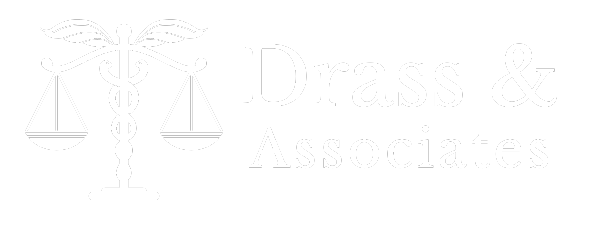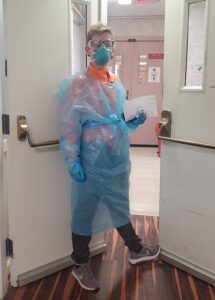The increasingly emerging trend of private equity firms in healthcare is often considered not to be in the best interest of patients, staff, or the community. See: The Emperor’s New Clothes Revisited
Experts are concerned for a few reasons. First, private equity companies are focused on making a profit, and they may make decisions that are not in the best interest of patients or the hospital staff. For example, they may cut costs by reducing the number of nurses or doctors, or by closing down essential services.
Second, private equity companies often have little experience in the healthcare industry, and they may not have the expertise to manage a hospital safely or effectively. This can lead to problems such as poor patient care, financial mismanagement, and regulatory violations.
Third, private equity companies often use debt to finance their acquisitions, which can make the hospitals they own more vulnerable to financial problems. If a hospital is unable to make its debt payments, it may have to file for bankruptcy, which can disrupt patient care and put jobs at risk.
Private equity firms buy an organization using “a little bit of money” and “a lot of debt,” she noted. Once the private equity firm owns the hospital or nursing home, they load that debt onto the purchase and it becomes the responsibility of that facility. The firm has no responsibility to repay the debt, Appelbaum explained.
“And that debt is what drives a lot of the poor quality care in private equity-owned facilities,” evidenced by staffing reductions, less time with patients, and less attention to safety, she said, noting that while most corporations are careful not to take any action that could lead a company to bankruptcy, these firms have no such fear. (https://www.medpagetoday.com/publichealthpolicy/healthpolicy/109050)
Offer your comments here: http://www.regulations.gov. “Whatever the problem, be part of the solution. Don’t just sit around raising questions and pointing out obstacles” -Tina Fey
Also see: Kindness, Equity, and the Mental Health Crisis: The View from this Nurse’s Window
Thank you to Ann M. Richardson, MBA for initially sharing this news on LinkedIn!







